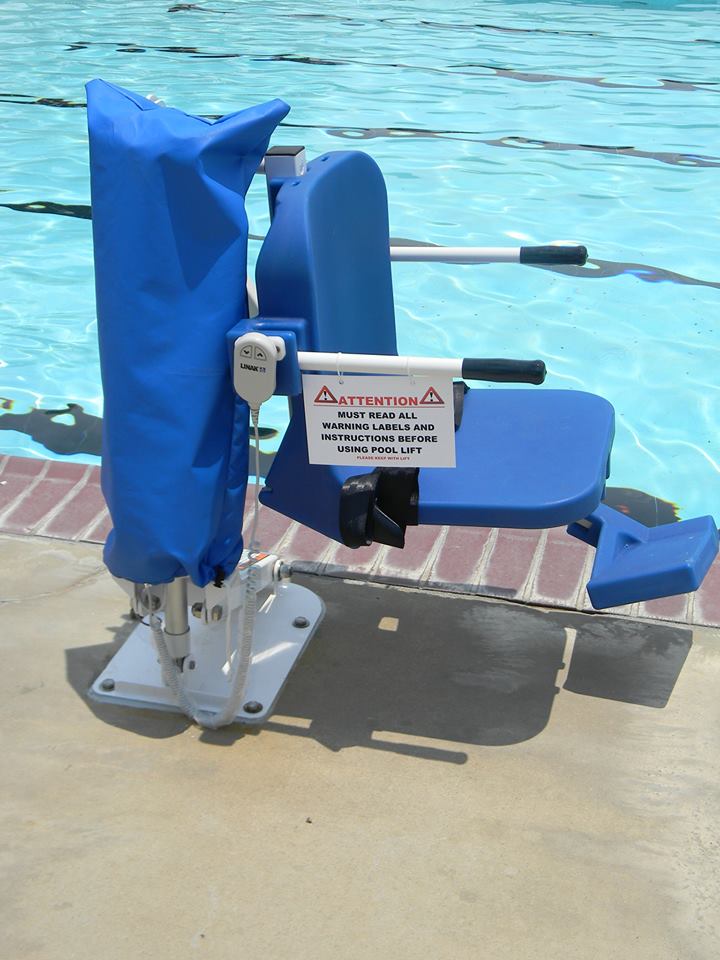Aquatic Advisors Information Board
Your local modern managed aquatic services provider.Seasonal Specials
- We're Hiring Summer 2025 Lifeguards
- Sign Up for Training Class
- Now Accepting Bids for Pool Management

Time to Check Your Certifications
The offseason is the perfect time for lifeguards to review and ensure that their certifications are up to date. Whether it's CPR, first aid, or water rescue techniques, maintaining current certifications is essential not only for your own professional development but also for the safety of those in your care. If any of your certifications are nearing expiration, now is the time to schedule a refresher course or renewal. Staying proactive about your training ensures you're prepared to respond confidently and effectively when the pool season kicks back in.
Using the offseason to improve your skills through advanced certifications or workshops can give you an edge when the season resumes. Take advantage of this downtime to participate in specialized courses such as waterfront lifeguarding, AED training, or other skill-building opportunities that may not be covered in your regular certification. This commitment to learning will not only boost your confidence and performance but also help raise the overall safety standards at your pool or facility. Remember, your preparedness is key to ensuring a safe and enjoyable environment for all.
Safety Training for Swim Coaches

The Safety Training for Swim Coaches course helps to fulfill the Coaches Safety Education requirement for
- Preventing accidents and emergencies
- Responding to ill or injured swimmers in water or on land
- Maintaining a comfortable and safe environment for swimmers of all abilities and ages
Swim coach safety training certification is a 2-step process.
Step 1: Safety Training for Swim Coaches Online Content
Individuals who are interested in taking Safety Training for Swim Coaches should complete the Safety Training for Swim Coaches, Online Content Only course. This course includes web-based delivery of content and an online exam.
Step 2: In-Water Skills Verification
National coaching governing bodies including
- Lifeguarding
- Shallow Water Lifeguarding
- Aquatic Attraction Lifeguarding
- Safety Training for Swim Coaches In-Water Skills Session
Swim coach safety training class schedules will be posted on the Lifeguard Training page of this site later in the season.
Get Your Facility Maintenance Done
The offseason is the perfect time for pool facility owners and stakeholders to prioritize essential maintenance tasks that ensure your pool is in top condition when the next season begins. Taking care of these tasks during the offseason can help prevent costly repairs and extend the lifespan of your equipment and facility. Be sure to schedule inspections and maintenance for key systems such as the filtration, circulation, safety, and chemical treatment systems. Checking for wear and tear on pool surfaces, tiles, and decks is also crucial to maintaining a safe and aesthetically pleasing environment. This proactive approach will help ensure that your pool is ready for operation when swimming season arrives, reducing any downtime or disruptions.
Some of the critical maintenance tasks to address during the offseason include cleaning and inspecting the pool filtration system, checking pumps, motors, and other systems for efficiency, and testing and calibrating chemical delivery systems. Offseason also a good time to check pool liners for any signs of damage or leaks and repair them as needed, and deep clean pool drains and skimmers. Additionally, check the pool fencing, safety equipment, and signage to ensure everything is up to code. Completing these tasks now not only keeps your facility in peak condition but also helps you stay ahead of any potential issues that could affect the safety and enjoyment of your patrons.
Nationwide Infrastructure Upgrades: Aquatic ADA Revisions
The Americans with Disabilities Act (ADA) is a civil rights law that prohibits discrimination on the basis of disability. On September 15, 2010, the ADA Guidelines finalized on July 23, 2004 (ADAAG 2004) were signed into law and now require compliance by all Title II (Public Entities) and Title III (Public Accommodations and Commercial Entities). This includes recreation facilities, swimming pools, wading pools and spas.

ADA regulations cover both public and private facilities including pools operated by public park and recreation districts, hotels and motels, fitness and recreational sports clubs, country clubs, high schools and universities, waterparks, hospitals and health care facilities. Regulations may also apply to private residential facilities, such as homeowners, apartment and condo associations, if these facilities are open to the general public.
ADA guidelines provide specification of certain elements in the design of new and renovated facilities to ensure that individuals with disabilities are generally able to access swimming pools and spas and use a variety of features of the facility. The guidelines are the minimum level of accessibility required and are encouraged to be exceeded where possible to increase opportunities.
Pools available to the public may now sport equipment you haven't seen before: chair lifts. This clever device is designed to help patrons using wheelchairs to move between the pool and deck independently. These changes to the ADA, among many others, required management entities of qualifying facilities to update their pools for the upcoming season. Questions or help regarding the new provisions may be directed to our office: 713-609-9489.

